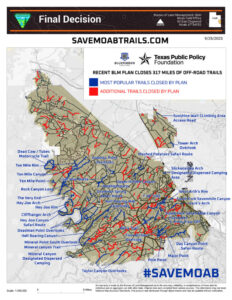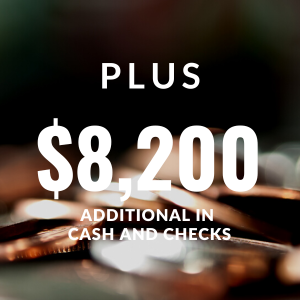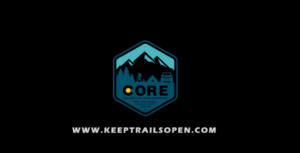Update on Moab Roads and Trails as of December 13, 2023
The Labyrinth Canyon/Gemini Bridges Travel Management Plan has created a lot of uncertainty. If you’d like to understand what’s happened and where we stand in Moab with the BLM’s decision to close 317 miles of trails, read on.
On September 28, Nicollee Gaddis-Wyatt, BLM Canyon Country District Manager, signed the Decision Record for the Labyrinth/Gemini Bridges Travel Management Plan (TMP) This Decision caused the closure of 317.2 miles of trails, or 28% of all trails previously open to motorized OHV. Additionally, another 98.4 miles of trails were limited closures, mostly pertaining to the type of motorized OHV on the trail, i.e. ATVs, E Bikes, mountain bikes, etc. This resulted in the closure of most of the major trails west of Moab including Day Canyon Point, Hey Joe Canyon, Mashed Potatoes, Ten Mile Canyon, Hell Roaring Canyon, Mineral Canyon, Hidden Canyon, 7-Up, and 2 of the 3 overlooks on Deadman Point. Additionally, the closures also includes many spur routes and 120 dispersed campsites being closed, which struck a hard blow to overlanders in the area and primitive campers. In addition, the plan is suggesting that additional areas be considered being managed as areas with “wilderness characteristics.” This designation will open the door to additional closures and restrictions.
This is on top of the 2008 Recreation Management Plan, which although it closed a whopping 766 miles of roads, specifically identified many of these roads as having an overriding purpose and designated them to be kept open.
The changes and closures were to become effective after the end of a 30 day appeal period.
On October 30, BlueRibbon Coalition, Patrick McKay, and Colorado Offroad Trail Defenders filed an Administrative Appeal with a Petition for Stay. This granted a window where the TMP would not go into effect until the US Department of Interior Board of Land Appeals (DOI IBLA) issued their decision, meaning that trails remained open. The State of Utah, Colorado Trail Preservation Alliance, Ride with Respect and the Offroad Business Association also filed timely appeals which are not discussed here.
On November 27, Administrative Judge Kevin Haugrud denied the Petition for Stay, meaning that the TMP was back in effect and that the 317 miles of closures are CLOSED. Although the Petition for Stay was rejected, the IBLA has still not issued their decision on the Appeal.
The denial of the Stay will allow a lawsuit to be filed in Federal Court along with injunctive relief that may restore access to the trails, BlueRibbon and the Plaintiffs are assessing their options.
In Summary:
- The 317 miles of roads listed in the Travel Management Plan are CLOSED, and UPLA strongly encourages that all users obey the closure orders and don’t drive on the closed roads. Here’s a great map of the closed trails.
- The Appeal is still pending. You can read BlueRibbon’s appeal here.
- Read about the 5 Actions that BlueRibbon is taking, and learn how you can take action.
- Support Utah Public Lands Alliance by donating to our campaign for BlueRibbon’s Legal Defense Fund. UPLA already contributed $69,672 to the BlueRibbon Coalition Legal Defense Fund, and will match dollar for dollar approximately the next $15,000 in donations. You can donate here online, or if you prefer to write a check, designate in the memo line “Legal Defense Fund” and mail it to:
Utah Public Lands Alliance
PO Box 833
St George, UT 84770
Be Informed and Stay Engaged!
Together, We Will Win,
But We Can’t Do It Without You!



